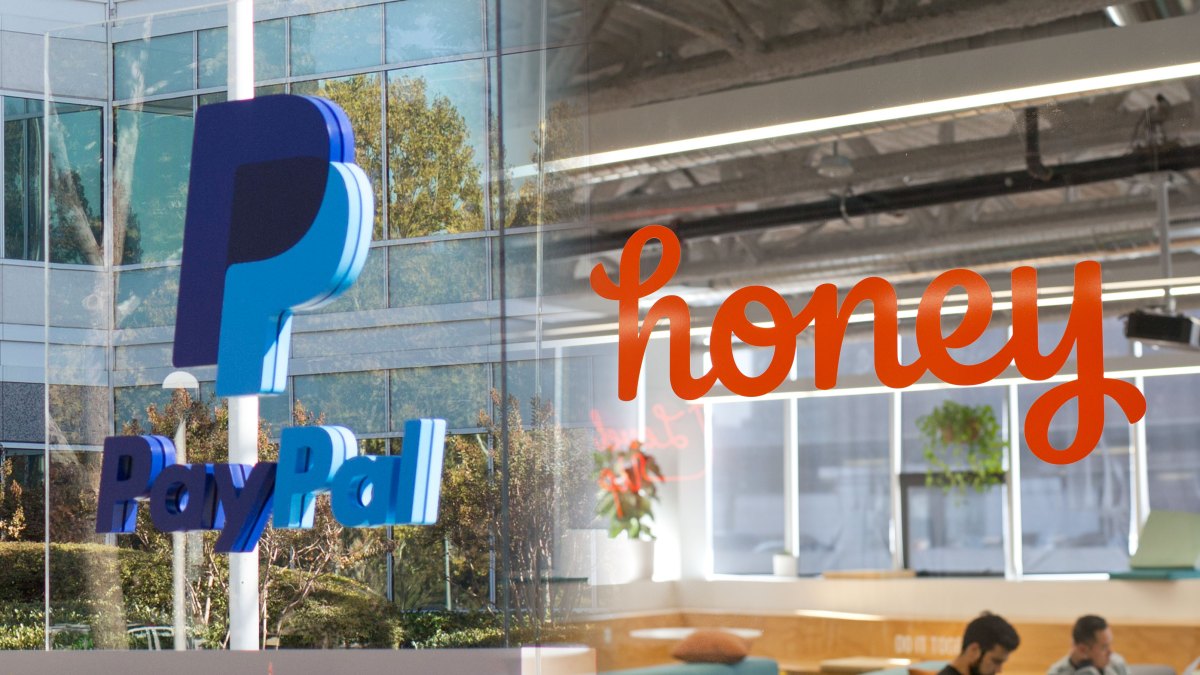Honey: Is the Popular Browser Extension Stealing From Creators?
The Allegations: A “Sleeping Leech” in Your Browser
Table of Contents
The popular browser extension Honey, acquired by PayPal for a staggering $4 billion in 2019, has found itself embroiled in controversy. A recent lawsuit filed by prominent legal commentator Devin Stone, known for his YouTube channel LegalEagle, alleges that Honey operates as a deceptive system. Stone argues that Honey’s functionality allows it to surreptitiously replace creator-provided affiliate links with its own, even when no discounts are offered through the extension. This means Honey, not the original creator, receives the affiliate revenue for transactions initiated by users who have installed the extension.
Stone likens Honey to a “sleeping leech” in users’ browsers, waiting to intercept affiliate commissions from creators whose content and recommendations drive traffic to online stores. He emphasizes that Honey actively encourages creators to promote its extension to their audiences, creating a paradoxical situation where creators are unwittingly facilitating their own financial exploitation. This raises serious questions about the ethical practices of this widely-used tool and its impact on the creator economy.
The Impact on Creators: A Devalued Ecosystem
Stone’s lawsuit highlights the potential for significant harm to creators who rely on affiliate marketing as a primary source of income. By diverting commissions, Honey undermines the trust and value that creators have built with their audiences. This can lead to decreased earnings, reduced incentives for content creation, and ultimately, a devaluation of the entire creator economy.
The situation raises concerns about transparency and fairness within the digital marketing landscape. Creators deserve to be compensated fairly for their efforts in promoting products and services. When platforms like Honey operate with potentially deceptive practices, it erodes trust and creates an uneven playing field. This lack of transparency can lead to creators feeling undervalued and exploited, ultimately hindering innovation and creativity within the online space.
PayPal’s Response: Disputing the Allegations
In response to the lawsuit, PayPal has issued a statement denying the allegations and asserting that Honey adheres to industry standards and practices. They emphasize “last-click attribution,” an advertising model where the final touchpoint in a user’s journey receives credit for the conversion. However, Stone argues that this system fails to account for the influence of creators who drive initial interest and engagement.
The legal battle between Stone and PayPal is likely to have significant implications for the future of affiliate marketing and the relationship between platforms, creators, and consumers. It underscores the need for greater transparency and accountability within the digital advertising ecosystem. This case could set a precedent for how platforms handle affiliate relationships with creators, potentially leading to more equitable and transparent practices.
Join the Conversation
Are you a creator who has experienced issues with Honey or similar browser extensions? Share your experiences in the comments below. Let’s discuss how to ensure fair compensation and ethical practices within the creator economy.


